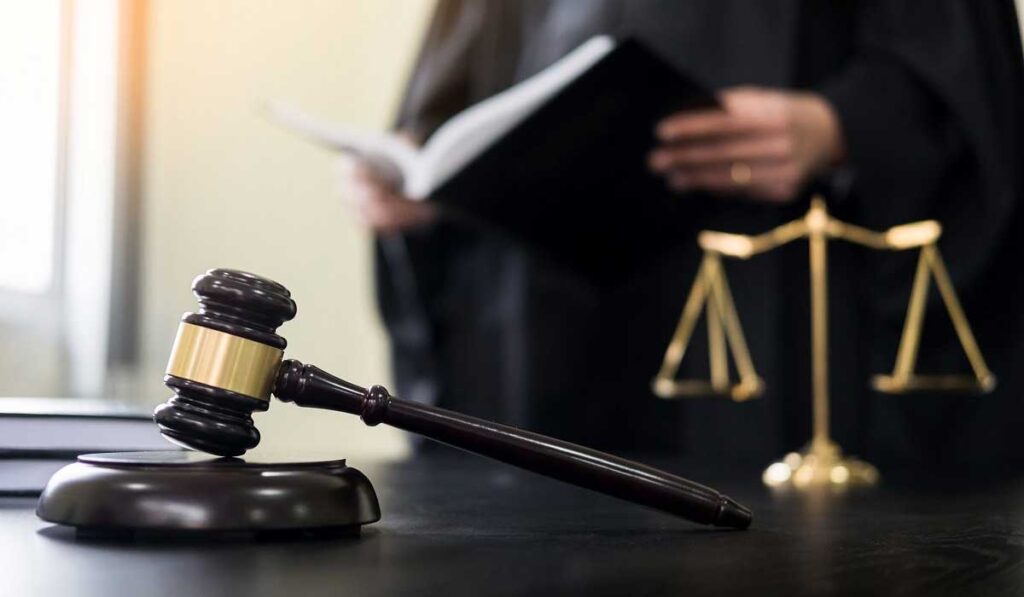Heloisa de Alencar
Lawyer at Marcos Martins Advogados
Due to the current moment in which the population is experiencing an outbreak of contamination by the Covid-19 virus, Resolution No. 313 signed by Justice Dias Toffoli was approved on March 19, 2020, establishing the suspension of procedural deadlines until April 30, not only applying to the Supreme Court and the Electoral Court.
An Extraordinary Duty regime was also established, which will operate at the same time as regular court hours, with the in-person work of magistrates, civil servants, interns and employees in the judicial units being suspended, ensuring the maintenance of essential services in each Court.
The essential activities to be provided will be defined by the courts, guaranteeing at least the distribution of judicial and administrative proceedings, with priority given to urgent procedures, services aimed at the dispatch and publication of acts, assistance to lawyers, prosecutors, public defenders, members of the Public Prosecutor’s Office and the judicial police, primarily remotely and, exceptionally, in person.
As a rule, face-to-face service for parties, lawyers and interested parties is suspended, and must be carried out remotely by available technological means.
The resolution also lists the matters that will be heard during the extraordinary on-call period:
– HC and writ of mandamus;
– Injunctions and preliminary injunctions of any kind, including in the special courts;
– Notices of arrest in flagrante, requests for provisional release, imposition and substitution of precautionary measures other than imprisonment, and release from detention;
– Representation by the police authority or the Public Prosecutor’s Office with a view to ordering preventive or temporary detention;
– Requests for the search and seizure of persons, goods or valuables, telephone and telematic interceptions, as long as the urgency is objectively proven;
– Requests for permits, justifying their necessity, to withdraw money or valuables, substitute guarantees and release seized assets;
– Requests for family and institutional foster care, as well as decoupling;
– Requests for progression and regression of prison regime, granting of conditional release, pardon and commutation of sentences and requests related to the measures provided for in CNJ Recommendation 62/2020;
– Requests for cremation of corpses, exhumation and burial;
– Authorization for children and adolescents to travel.Referência:
NATIONAL COUNCIL OF JUSTICE. Normative Acts, 2020. Home page. Available at: https: //www.cnj.jus.br/wp-content/uploads/2020/03/Resolu%C3%A7%C3%A3o-n%C2%BA-313-5.pdf. Accessed on: 06/04/2020.








